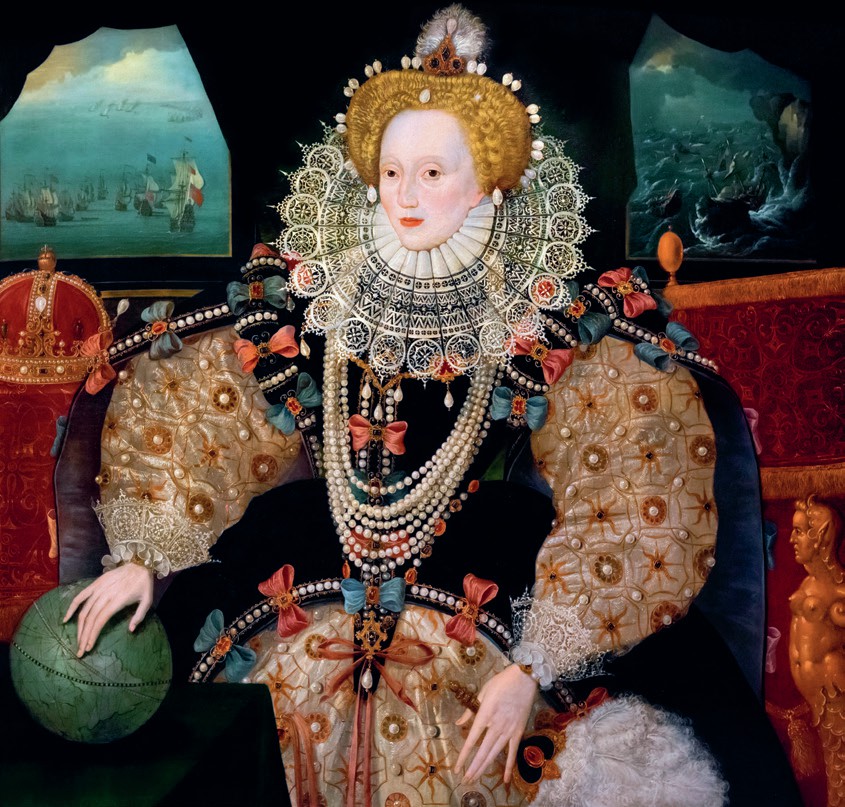
In the late fifteenth and early sixteenth century, the future of trade, exploration and settlement in the Americas, Asia and Africa seemed to belong exclusively to Spain and Portugal. In 1494, the Treaty of Tordesillas, which was overseen by the Catholic Church, granted most of the North and South American continents to the control of Spain, and the eastern portion of South America (now Brazil) to Portugal. However, within 50 years England had established itself as a powerful contender on the high seas as its explorers, traders, colonisers and slavers began to challenge Spanish and Portuguese supremacy.
Martin Frobisher was a Yorkshireman whose naval career began in 1553 as a cabin boy on the first English expedition to Benin in Africa, which at the time had close trading links with Portugal. On his second expedition to Africa the following year he was held hostage in Portuguese Guinea and eventually taken captive by Portuguese traders. He was taken to Portugal from where he escaped back to England.
Your organisation does not have access to this article.
Sign up today to give your students the edge they need to achieve their best grades with subject expertise
Subscribe




